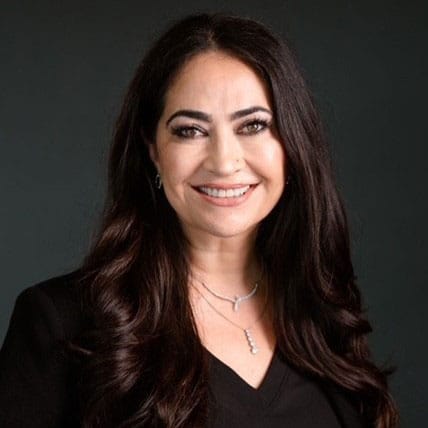Home » October 2023 » Parking Politics
Board Perspective
Parking Politics
stock.adobe.com / MattheW
It’s election time, and while the presidential election is not on the ballot, there is no shortage of opinions and mail outs for our local elections (can we do something about junk mail please?), and while parking may not be on any ballot—it has all the politics.
If you are a parking professional, you may as well be an elected official because you can stir intense feelings of disdain or strong levels of support depending on the stakeholder and their agenda.
I am a proud bureaucrat with 20 years of experience in a municipal environment. I think we can all agree that no matter where you work, if you manage parking, you are also managing its politics. I’ve had spirited discussions with industry colleagues about who has the most politics in their parking operations and while none of us concede, we have all had our share of experiences whether working for a hospital, university, airport, or municipality.
Do your Professor Emeriti demand a reserved parking spot even though they may only visit the campus a few times a year? Do the doctors at your hospital expect preferential parking? Maybe elected officials call you to get ‘help’ with a parking citation? Does the airline hub mandate convenient and cheap parking for their use alone? Is the new retailer in your shopping center requesting free parking for fear of losing customers?
Working in parking is politics but on a different scale—and that can be challenging. How do you manage the expectations of the person who, at the end of the day, may have some form of control over your revenue, budget, or operations? It should be as easy as saying no to the customer who received an expired meter citation because they truly had an expired meter. But we all know this is not our reality.
In and out of political seasons, certain stakeholders wield a significant amount of influence. We put our frontline staff through conflict resolution training to handle disagreeable customers. But are we also thinking about how we handle our internal customers? The ones that can have control and a larger impact on our operations and our external customers who have the power of their vote?
Just like a politician, a parking professional needs to be out in the community. It is important that stakeholders are involved in the process. It is a big mistake to have stakeholder engagement where all you are do is tell them what the program will be without their input. They should have an opportunity to provide feedback. We then must be flexible and make the modifications when needed. They are the end user, and they can speak to its impact on their lives, operations, and businesses.
All it takes is one call to the right person and your whole program can be shut down, no matter how much time and manpower you dedicated to its development. Even worse than that one call is a media expose that catches your administration off-guard. Engagement with internal and external stakeholders is a requirement throughout your process.
Like elected officials, parking professionals have a stump speech at the ready when confronted with opposition or support. “Parking should be friendly, not free” is a mantra many of us recite daily. The only thing the public love about parking is when it is free. We are always fighting an uphill battle. When situations go awry and out of our control, we take the slings and arrows. I have battle wounds as I am sure many of you do too.
I was lucky enough to learn the politics of parking policy from my former boss. She talked straight, spoke the truth, and withstood the fire with grace and ease. Not an easy act to follow, but she set a course for me to follow.
Data is key to sharing information. Numbers take quite a bit of emotion out of the argument; sharing how cars circling for parking increases traffic and carbon emissions or discussing lack of turnover or occupancy counts won’t elicit the emotional reaction that starting straight off with paid parking might.
Facts, figures, and revenue speak volumes. We share the information, make recommendations and the powers that be make their decision. Good or bad, we will have to manage the outcome but the powers that be are aware of the reward or risk of their decision.
Our ultimate goal is to provide safe, convenient and equitable parking for all, but when politics are at play flexibility may be our best resource. ◆

Maria Irshad, CAPP, MPA, is Deputy Director for the City of Houston, a member of IPMI’s Board of Directors, and Co-Chair of IPMI’s Smart Transportation Task Force.
-
Maria Irshad, CAPP, MPAhttps://parking-mobility-magazine.org/author/maria-irshad-capp-mpa/December 27, 2022
-
Maria Irshad, CAPP, MPAhttps://parking-mobility-magazine.org/author/maria-irshad-capp-mpa/September 30, 2023
-
Maria Irshad, CAPP, MPAhttps://parking-mobility-magazine.org/author/maria-irshad-capp-mpa/March 6, 2024

Passing the Torch
In June 2024, I will end my two years as

Carrying the Torch
The path to success unquestionably requires the courage to lead,

Seven-Generation Decision-Making
A major factor of sustainability is thinking about how we









